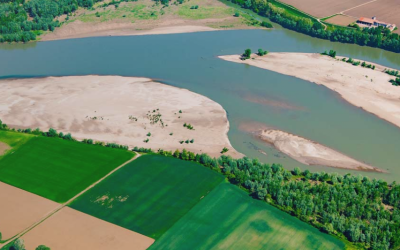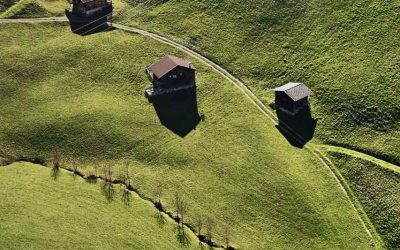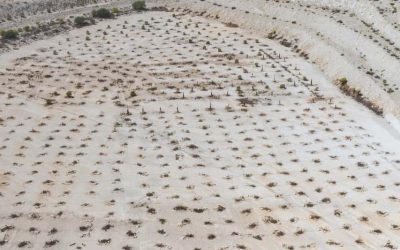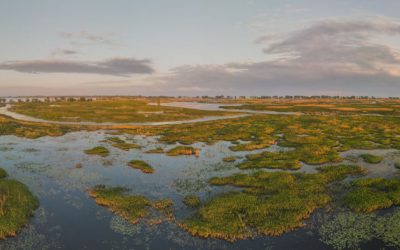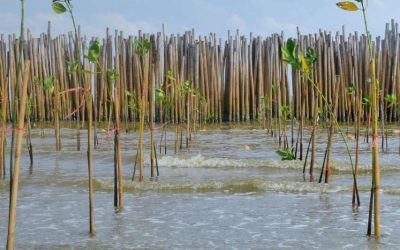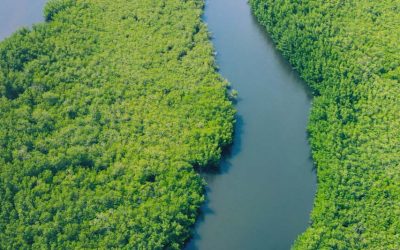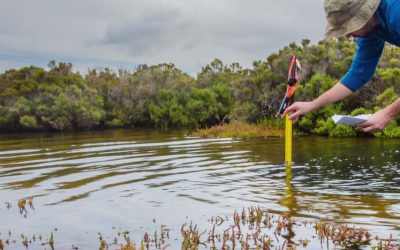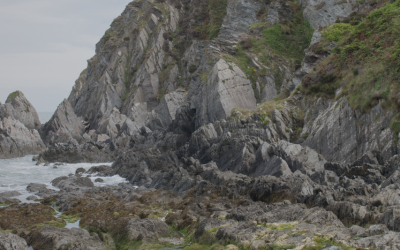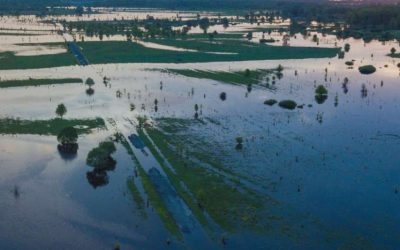Media center
Editorial – Newsletter February
OPERANDUM has implemented over 10 different NBS in seven EU territories since its start in July 2018. These NBS has been co-designed, co-developed and implemented within the Open-Air Laboratories with the scope of demonstrating the efficacy in mitigating...
Project news – Newsletter February
OPERANDUM is developing a series of training materials to emphasize the knowledge generated through the project and promote the wider uptake of NBS for hydro-meteorological hazards. Building on key project outputs, including webinars, deliverables and scientific...
Meet the partner: The Glasgow Caledonian University
Rohinton Emmanuel is Professor of Sustainable Design and Construction at GCU and the Director of its Research Centre for Built Environment Asset Management (BEAM). His research focuses on the microclimate consequences of urbanization and its mitigation, mainly through...
Webinar Nature-based Solutions: Balancing Risk and Societal Benefits, 2 Dec. 2020
The increasing frequency and severity of hydro-meteorological events on land and sea have a high impact globally. The science behind these phenomena is complex and multi-disciplinary as the international scientific community explores solutions that not only mitigate...
2nd OPERANDUM webinar: Assessing Nature-based Solutions to climate change
The concept of Nature-based Solutions is well recognized in the domain of disaster risk reduction and climate change adaptation to address societal challenges such as risks posed by hydro-meteorological hazards. Climate change is likely to enhance the risks driven by...
Recording of OPERANDUM’s first webinar: 14th of October
The first OPERANDUM webinar took place on the 14th of October. Missed it? We've uploaded the recording on our YouTube channel. In this first webinar, you'll learn all about the potential of Nature-based Solutions to manage disaster risk in rural areas. The program is...
OPERANDUM webinar: Nature-based Solutions for Disaster Risk Reduction in rural areas
With floods, droughts, landslides and heat waves increasing due to climate-related impacts, healthy well-managed ecosystems can go a long way in building resilience to disasters and climate change in vulnerable communities. A consortium led by University of Bologna...
New article published in the International Journal of Disaster Risk Reduction
Highlights from the research Assessing social-ecological risks to natural hazards is crucial for NBS projects. Existing risk assessment frameworks have not been developed in the context of NBS. Social and ecological aspects are not equally addressed in existing...
Final conference of the H2020 project BRIGAID
You are warmly invited to the final conference of the H2020 project BRIGAID- Bridging The Gap For Innovations In Disaster Resilience on Thursday, 25 June 2020 at 14:30-16:00h (CEST). In this interactive online conference, you are invited to get to...
Contact
Have a question, feedback or want to work with us?
